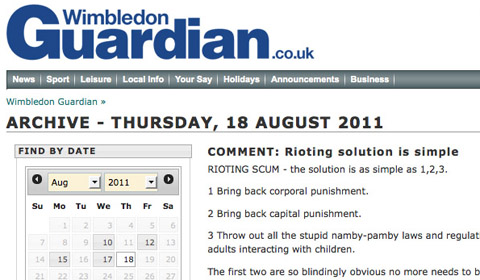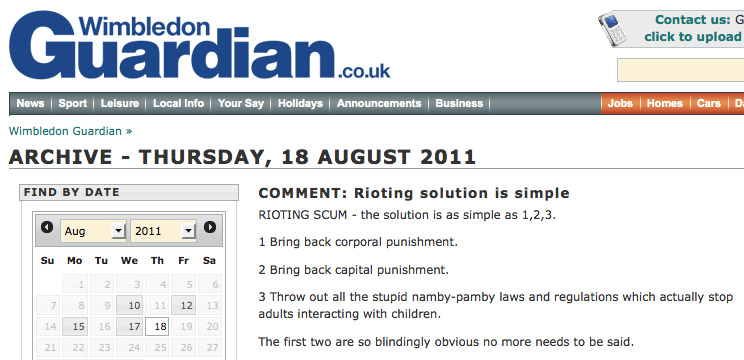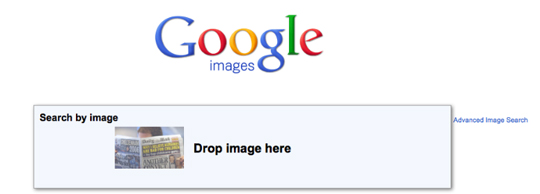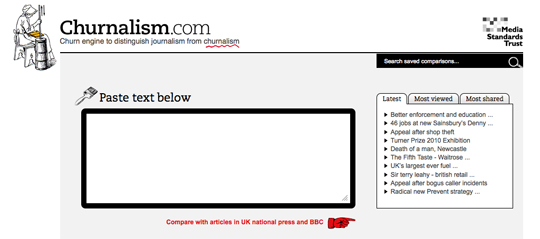Lord Leveson has today announced the list of those that have been granted ‘core participant’ status in the upcoming Leveson inquiry. Core participants can be legally represented, allowing them to have questions asked on their behalf.
Read the full news article on Journalism.co.uk.
Part 1 of the inquiry has been broken down into four modules:
The relationship between the press and the public
The relationship between the press and police
The relationship between the press and politicians
Recommendations for the future
The following organisations have been granted core participant status for Part 1, Modules 1, 2, 3, and 4:
The Metropolitan Police
News International (publisher of the Sun, the Times, the Sunday Times, and the now-defunct News of the World)
Northern & Shell (publisher of the the Daily Express, the Sunday Express, the Daily Star and the Daily Star Sunday)
Guardian News & Media (publisher of the Guardian and the Observer)
Associated Newspapers (publisher of the Daily Mail and the Mail on Sunday)
The following individuals who believe they may have been victims of phone hacking have been granted core participant status for Part 1, Module 1 of the inquiry. All 46 will have to be represented by a single legal representative:
1 Chris Bryant MP
2 Tessa Jowell MP
3 Denis MacShane MP
4 The Rt Hon Lord Prescott of Kingston upon Hull
5 Joan Smith
6 Christopher Shipman
7 Tom Rowland
8 Mark Lewis
9 Mark Thomson
10 Gerry McCann
11 Kate McCann
12 Christopher Jefferies
13 Max Moseley
14 Brian Paddick
15 Paul Gascoigne
16 David Mills
17 Sienna Miller
18 Hugh Grant
19 Ben Jackson
20 Ciara Parkes
21 Simon Hughes MP
22 Max Clifford
23 Sky Andrew
24 Ulrika Jonsson
25 Mark Oaten
26 Michele Milburn
27 Abi Titmuss
28 Calum Best
29 Claire Ward
30 Mary-Ellen Field
31 Gary Flitcroft
32 Ian Hurst
33 Shobna Gulati
34 Mike Hollingsworth
35 Kieron Fallon
36 Ashvini Sharma
37 Tim Blackstone
38 Valatina Semenenko
39 Sally Dowler
40 Bob Dowler
41 Gemma Dowler
42 Sheryl Gascoigne
43 Graham Shear
44 JK Rowling
45 James Watson
46 Margaret Watson






